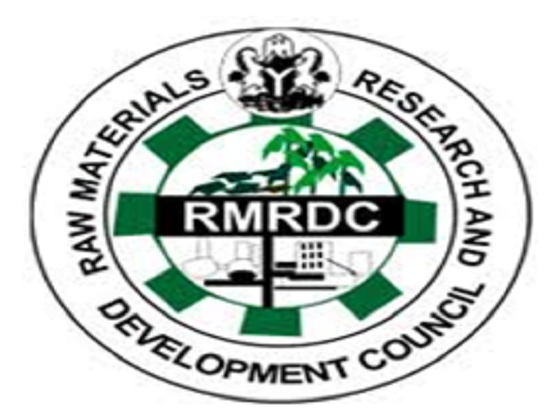
The Nigerian Senate has taken a significant step towards strengthening Nigeria’s local manufacturing sector by passing the first reading of a draft legislative Bill that seeks to promote raw materials processing and protect local production.
The Bill, which aims to reduce dependency on imports and boost economic development, was presented to lawmakers on Tuesday, October 15, 2024.
Sponsored by Sen. Nwebonyi Onyeka Peter of Ebonyi North Senatorial District, the Bill underscores the importance of developing Nigeria’s industrial sector through local processing and value addition to the country’s raw materials. It also aims to ensure that raw materials are not exported without undergoing at least 30 per cent processing, which would foster value addition within the country.
The proposed legislation is seen as a critical pathway to Nigeria’s industrial growth, supporting domestic production and safeguarding local industries from unfair competition. By prohibiting the importation of raw materials that are available for local production, the Bill seeks to enhance economic growth, create jobs and increase the capacity of local firms.
A key provision of the Bill is to encourage sustainable practices in resource management. The Bill emphasises environmental protection and reducing the carbon footprint by utilising locally sourced materials, which would minimize the environmental impact associated with transporting raw materials.
The Bill also seeks to advance technological development in Nigeria by promoting the adoption of advanced processing technologies in local industries. This would help improve efficiency and product quality, contributing to the overall growth of the country’s manufacturing sector.
One of the main objectives of the legislation is to ensure that no raw materials leave Nigeria without being processed. It proposes that the Raw Materials Research and Development Council (RMRDC) establish guidelines that outline acceptable forms of processing, with standards for quality, safety and environmental impact. The RMRDC would also be responsible for certifying all raw materials intended for export to confirm that they have undergone the required processing.
In addition to export regulations, the Bill includes strict measures to prohibit the importation of raw materials that can be produced or processed locally. The Federal Ministry of Trade and Investment, in consultation with the RMRDC, will compile and maintain a list of raw materials that are available for local production. This list will be subject to periodic review to ensure its accuracy and relevance.
The RMRDC will also be tasked with monitoring compliance with the Act and violators will face penalties, including fines and the revocation of licenses. To support the implementation of the Bill, the federal government, through the RMRDC, will provide financial and technical assistance to processing industries to help them build capacity. Companies that invest in local processing facilities will also be eligible for tax incentives, in partnership with the Ministry of Finance.
The RAW Materials Processing and Local Production Protection Act is expected to come into effect six months after its passage, marking a new era for Nigeria’s industrial sector.


